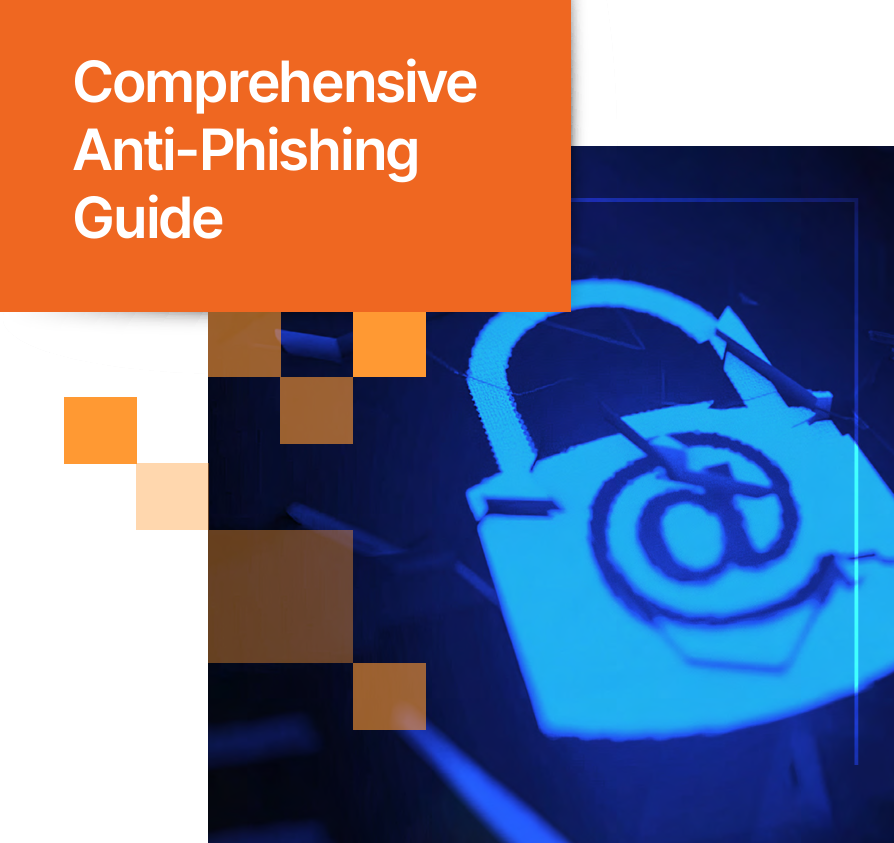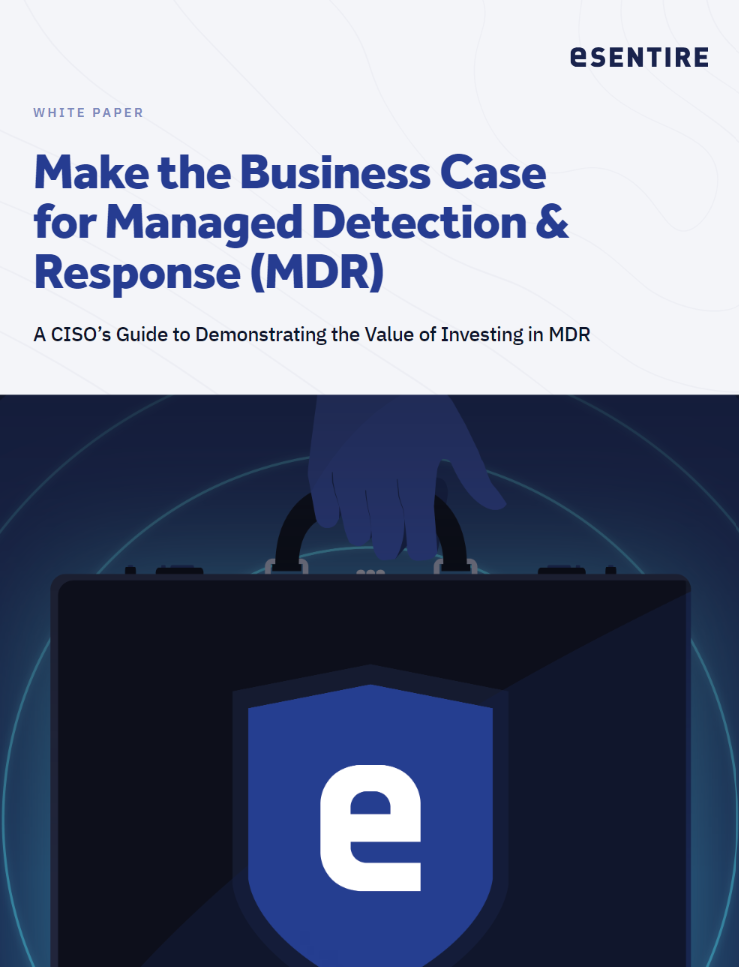Spear phishing is a highly targeted cyberattack where hackers impersonate trusted entities to deceive individuals into revealing sensitive information.
Unlike generic phishing, these attacks use personal details to appear legitimate, making them harder to detect. Victims may unknowingly share passwords, financial data, or access credentials, leading to identity theft, financial losses, or corporate breaches.
Spear phishing is particularly dangerous for businesses, as it can facilitate ransomware attacks or data exfiltration. Even security-aware individuals can fall victim due to the sophisticated nature of these scams. To mitigate risks, organisations should enforce multi-factor authentication and conduct regular cybersecurity training.
Spear phishing emails remain a top attack vector for cybercriminals, yet most companies still don’t have an effective strategy to stop them. This enormous security gap leaves you open to business email compromise, session hijacking, ransomware and more. Don’t get caught in a phishing net! Learn how to avoid having your end users take the bait.
In this eBook, Roger Grimes, KnowBe4’s Data-Driven Defense Evangelist, covers techniques you can implement now to minimise cybersecurity risk due to phishing and social engineering attacks.
Catch your anti-phishing guide!
This guide doesn't just cover one angle - it covers all angles!
- Developing a comprehensive, defense-in-depth plan
- Technical controls all organisations should consider
- Gotchas to watch out for with cybersecurity insurance
- Benefits of implementing new-school security awareness training
- Best practices for creating and implementing security policies
More in Security Awareness Training
How AI tools could be leaking your company data.
Deliver personalised, relevant and adaptive training with minimal admin effort.
Join KnowBe4's Human Risk Summit.
Are your users' passwords any good?
Get the inside track from Forrester
How to drive workforce training programmes that work.
Share this story











